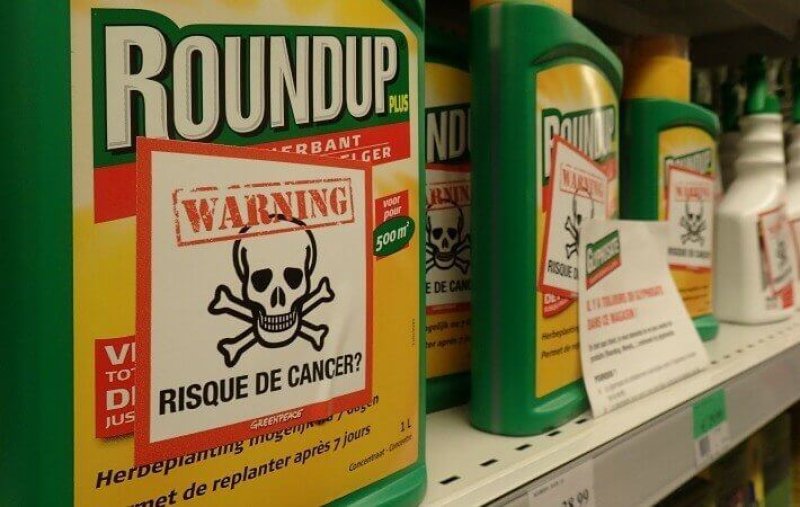Editor’s note: Guy André Pelouze is a thoracic and cardiovascular surgeon who did cancer research during his training and lung cancer treatment during his practice
The debate sparked by IARC’s evaluation highlights why human studies are so essential. Indeed, one key study—whose initial findings were not included in IARC’s literature review due to their internal prohibition on considering unpublished data—is the Agricultural Health Study, a long-term observational analysis of the health effects of herbicides on 89,000 farmers and their families in Iowa and North Carolina. Running since 1993, the AHS has consistently failed to find that glyphosate use is linked with increased risk of cancer.
…
Although it has been subject to outsized scrutiny, glyphosate’s benefit-risk ratio is one of the highest of all weed killers derived from organic chemistry. It is less toxic than common chemicals like aspirin. It is therefore surprising that media coverage has been irrational and even hysterical.
…
[A]s the facts stand today, there is no indication that glyphosate raises the risk of cancer. IARC is not assessing the risk, they are simply meant to be alerted in case of hazards.
In this case, because of the absence of evidence against glyphosate, we should be aware of the potential for hazard, but the chemical should be considered noncarcinogenic. Otherwise, the purpose of science itself, which will always entail some degree of uncertainty, is utterly undermined.
Read full, original post: How Do You Assess if a Chemical Causes Cancer?































